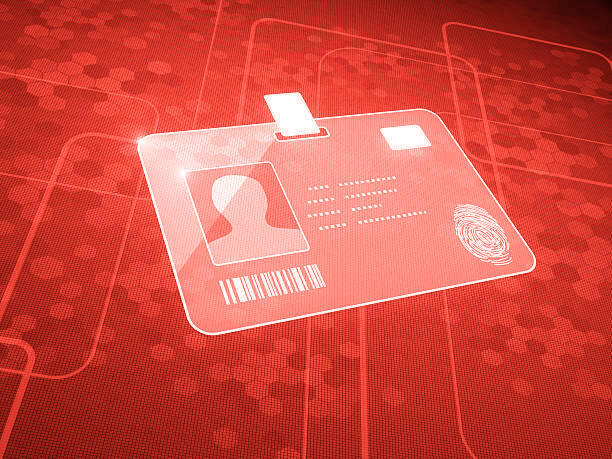Data Privacy, Protection, and Awareness
Online Privacy and Personal Information Risks
In 2021, the company Microsoft had a major data breach that compromised upwards of 30,000 Americans's passwords, personal information, and payments to Microsoft. The hackers were a Chinese led group named Hafnium. This led to Microsoft increasing security with passwords to people’s accounts. The American Government also regulates the use of personal data in many ways. The most major of which is called The Privacy Act of 1974 that regulates how data is collected by the government, as well as how other companies can use and collect personal info. But to be the most secure, people can become aware of the dangers of storing info on digital systems. Storing important personal information on digital systems may be a risky play for many reasons. A password used multiple times to store personal information on different sites could easily be hacked and abused to steal the info. Downloading from unsafe websites increases the risk of malware/virus downloads. Malware can compromise personal information, which can have incredibly dire consequences, such as identity impersonations, data being sold, and addresses revealed. Data leaks from major companies can also lead to mass data loss of millions, as well as financial losses which result in economic losses as well. Governments that have data breaches are possibly the worst kind of data breaches. They can result in the data of all citizens being breached, which can have similar consequences to a company data breach. However, we can further strengthen our security in many ways. The first could be on an individual level. The Individual could either use different, and diverse passwords for better security, or just not store personal information on digital systems. Major Companies can also contribute by upgrading their security on systems with multi-factor authentication or other methods to make data breaches less likely to happen. Finally, the government can pass laws that further protect the personal information of an individual if it is stored on a digital system, which makes it harder for hackers to steal.

The Usage of Computers, How They Work, and How to Protect Them
A major component of your computer system are the computing resources. Computing resources are elements, whether hardware like a cpu or software like an operating system, that are used in the processes of receiving, analyzing, storing, and protecting information stored on them. Computer Resources can affect the operations of a system. A better graphics card can enhance videogames' looks. CPUs are the main power of the computer. Upgrading parts can lead to better performance. Also, software like cloud storage can secure devices if they are ever lost. However, they can be used for malicious purposes. Misuse of Computer resources can come in many forms. Either using hacked devices for malicious purposes, such as virus link distribution, or others like bitcoin mining from hijacked computers. People can take advantage of others without experience in safe computing, and use their devices to spread a virus through messages/links leading to downloads. They can also use people’s devices as a sort of center for mining bitcoin or spreading viruses. Users of computers can protect themselves and their devices in many ways. First of all, people can get firewalls that can protect themselves from unauthorized access. Then, people can scan their devices with programs such as McAfee, or Cisco. Finally, training can make people aware of what they are downloading, and if it may or may not be malware.

Computer Hackers, How they get Info, and How to Protect Yourself
Computer hackers are a dangerous part of the internet. Hackers can get their programs onto your computer in many different ways. The major one is phishing. Phishing is the process of a person attempting to get you to either go to a link or download something without you knowing that you are secretly downloading a type of malware/virus. Another way hackers can gain access to accounts is via weak passwords. Hackers who can guess the passwords do not even need to use phishing to gain access, and can input malware into the device without any suspicion. An example of this is the Yahoo Data breach of 2013 and 2014. In 2013 alone, the breach affected all 3 billion users, while the 2014 breach affected over 500 million. Both breaches revealed major information such as full names, email addresses, date of birth, and more. Data breaches are extremely dangerous and important, of which the consequences are severe. Data breaches can allow people to act as you, result in worsening reputation, and possible legal consequences. Also, the business repercussions can lead to financial losses. Also, impersonation can lead to money being spent without one's knowledge. However, not all hope is lost. Data breaches can be prevented by both the user and the company. The users can create strong passwords, multi-factor authentication, secure wi-fi, being aware of potentially dangerous files, and acknowledging when the problem is out of your hands. The company can use a better firewall, or enforce stronger password use to their users.
